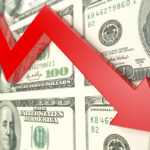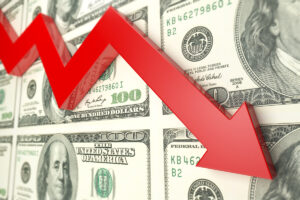
Germany’s annual rate of inflation rose in April, posting the highest reading since fall 1981, according to the final data released by German statistics office Destatis on Wednesday.
Consumer prices rose 7.4% on year measured by national standards, in line with the first estimate and with forecasts of economists polled by the Wall Street Journal. They rose 7.8% on year by European Union harmonized standards, also in line with forecasts.
Since Russia’s attack on Ukraine, the prices of natural gas and mineral oil products have markedly increased again and have had a considerable impact on the high rate of inflation, Destatis said.
A similarly high inflation rate in Germany was last recorded in 1981, when mineral oil prices increased as a result of the Iran-Iraq War, the statistics office said.
Other factors pushing inflation higher include delivery bottlenecks due to the Covid-19 pandemic and significant price increases in energy as the economic recovery got under way, Destatis said.
Consumer prices rose 0.8% on month by national standards and 0.7% by EU-harmonized standards, both in line with forecasts and confirming the first estimate.
Write to Maria Martinez at [email protected]









